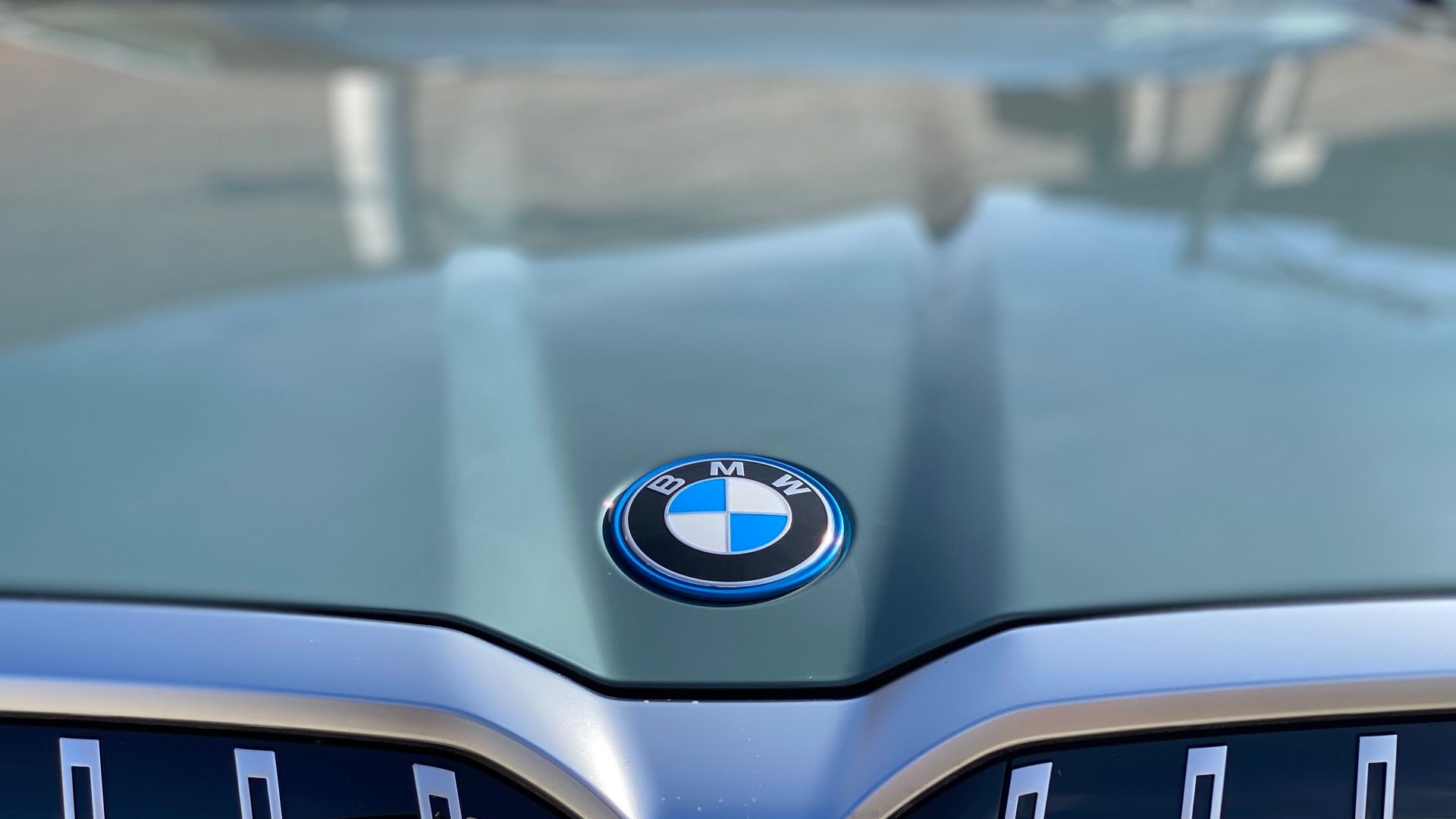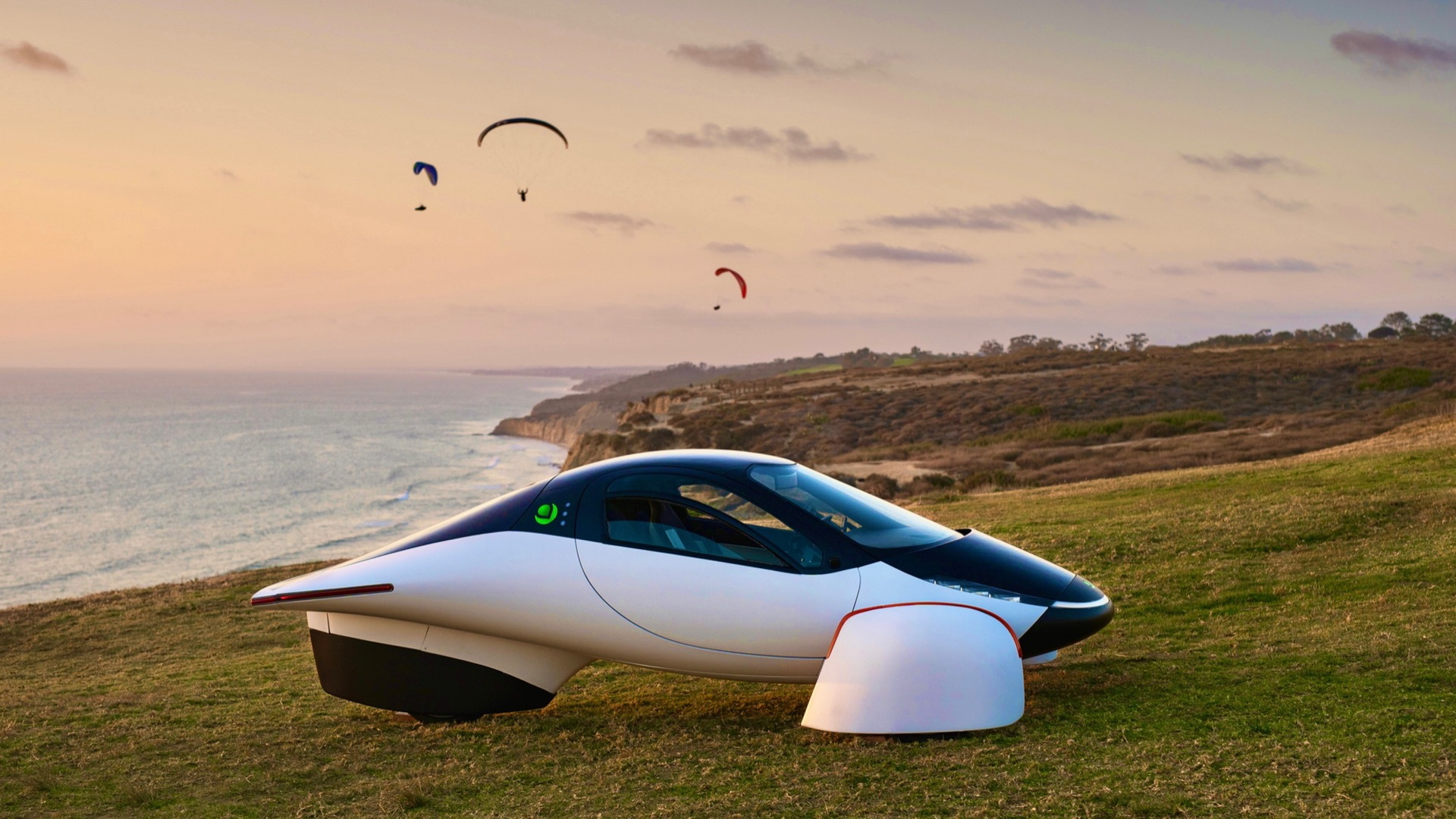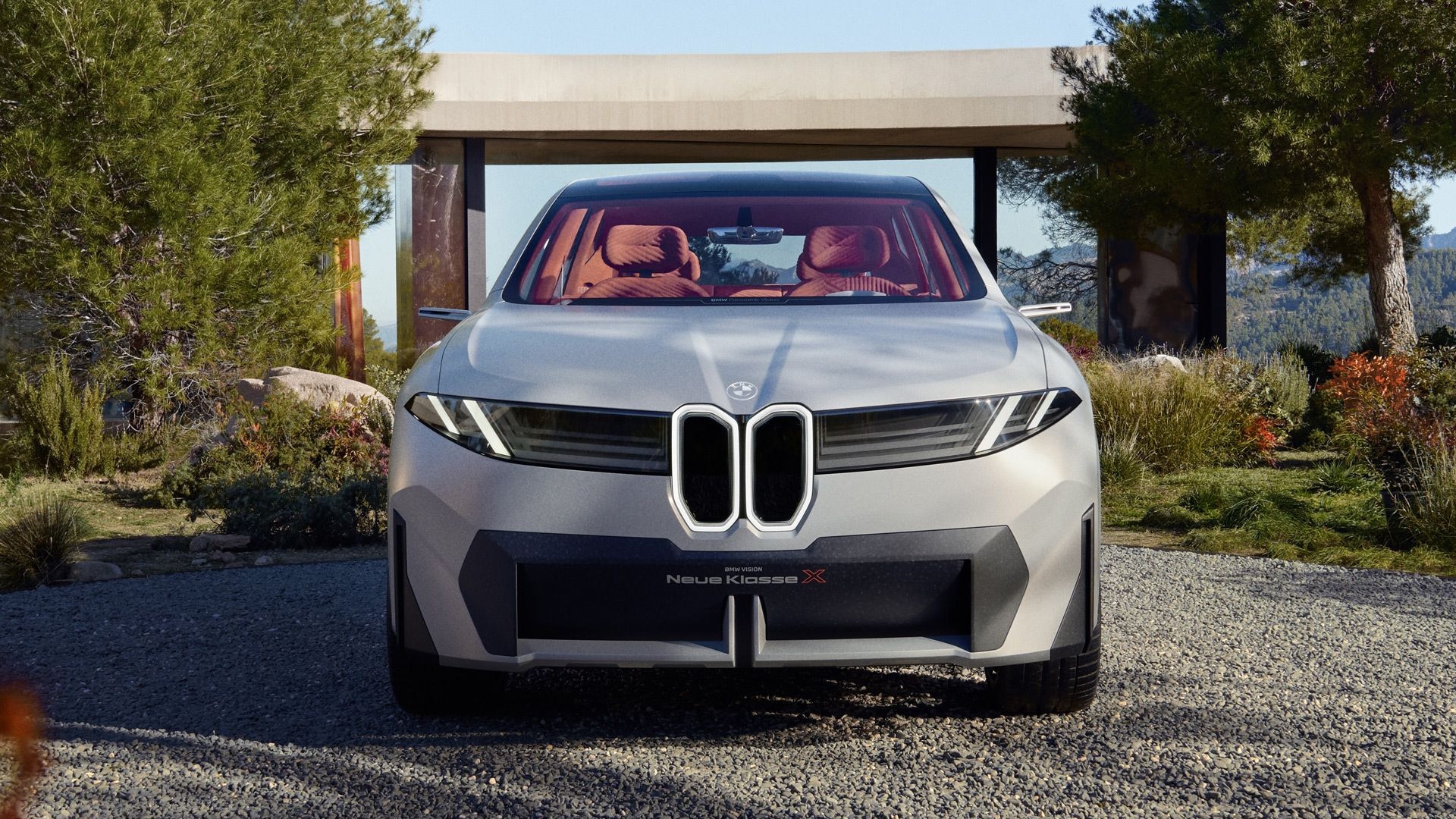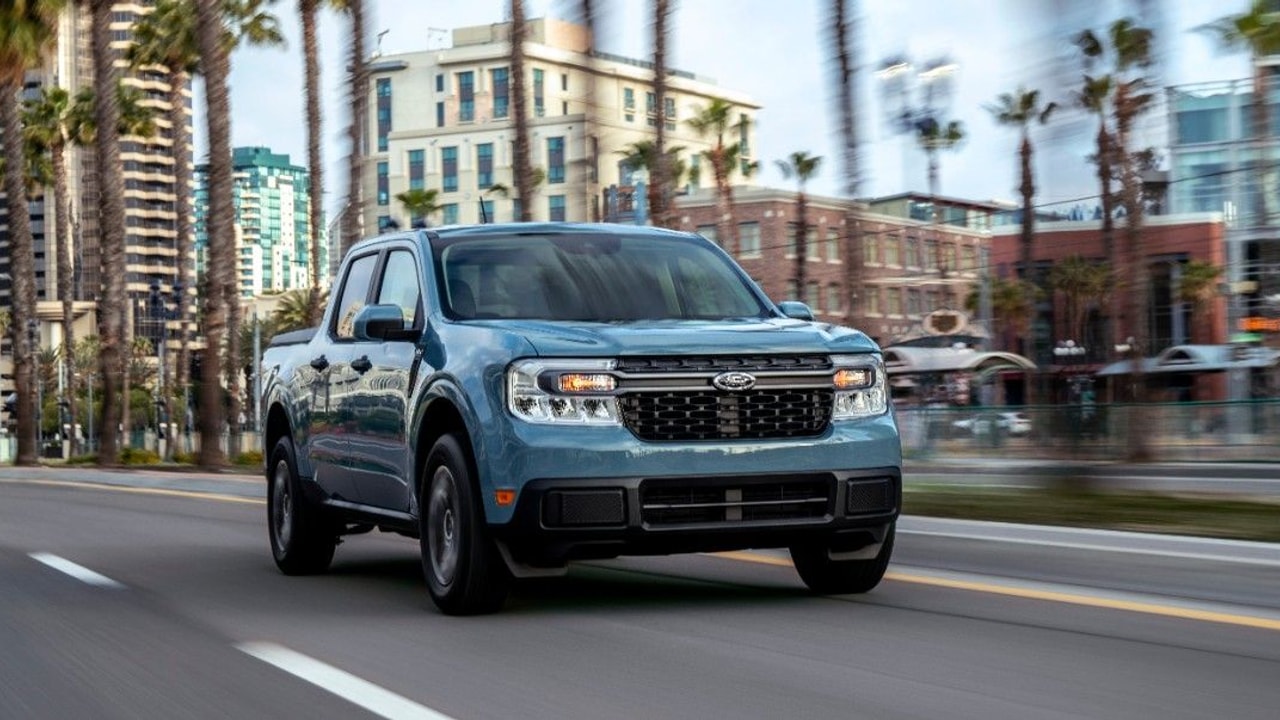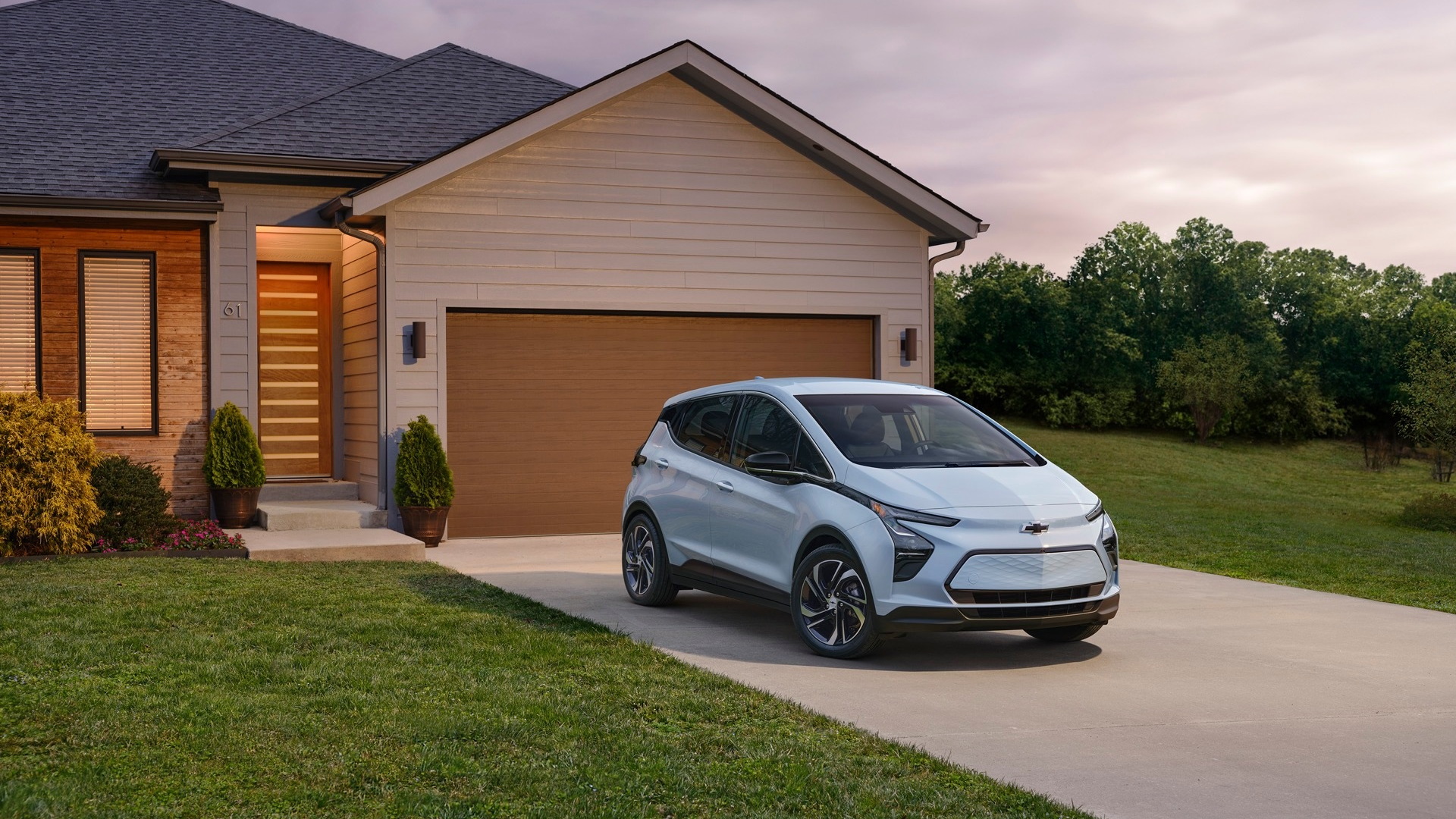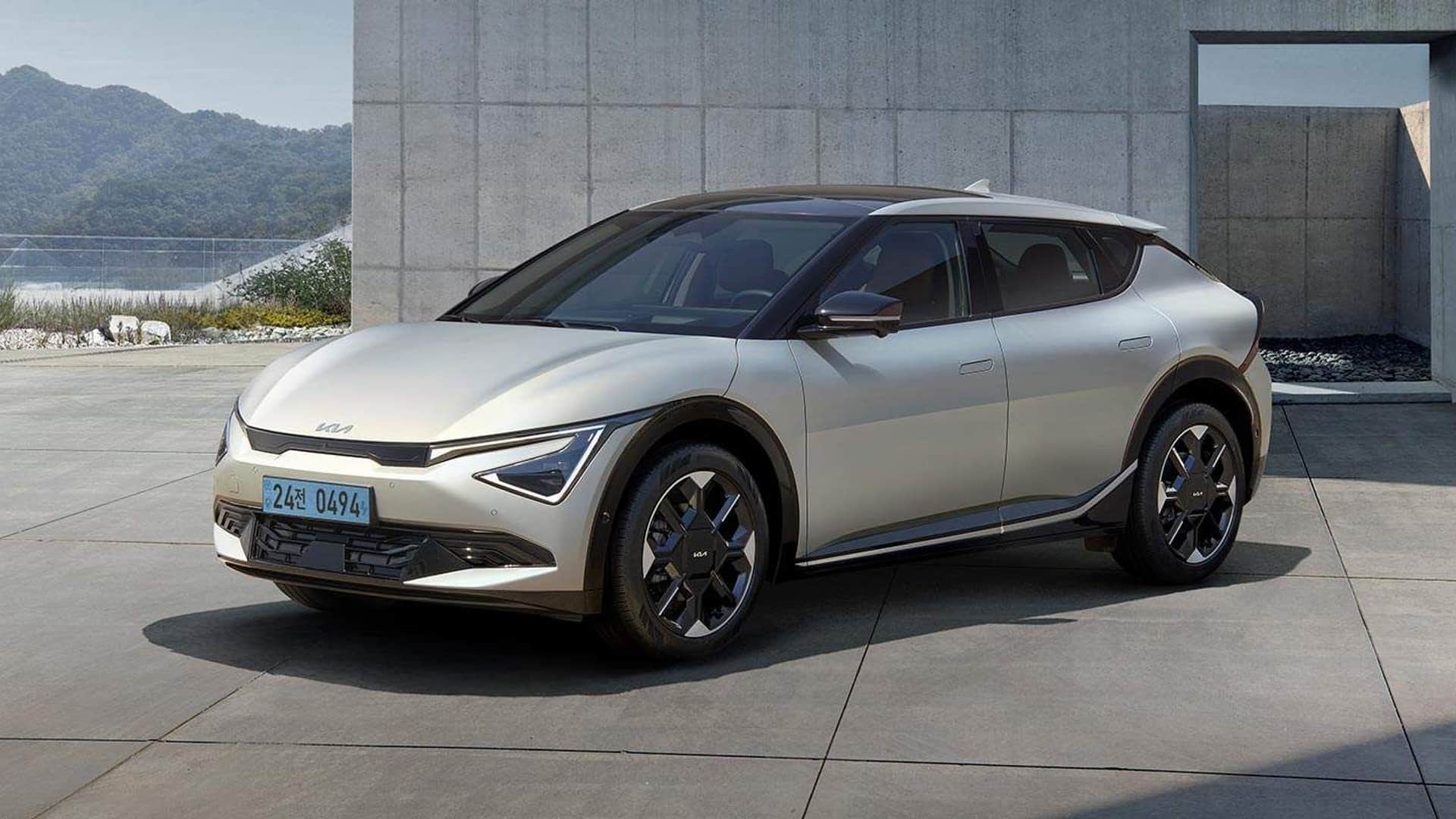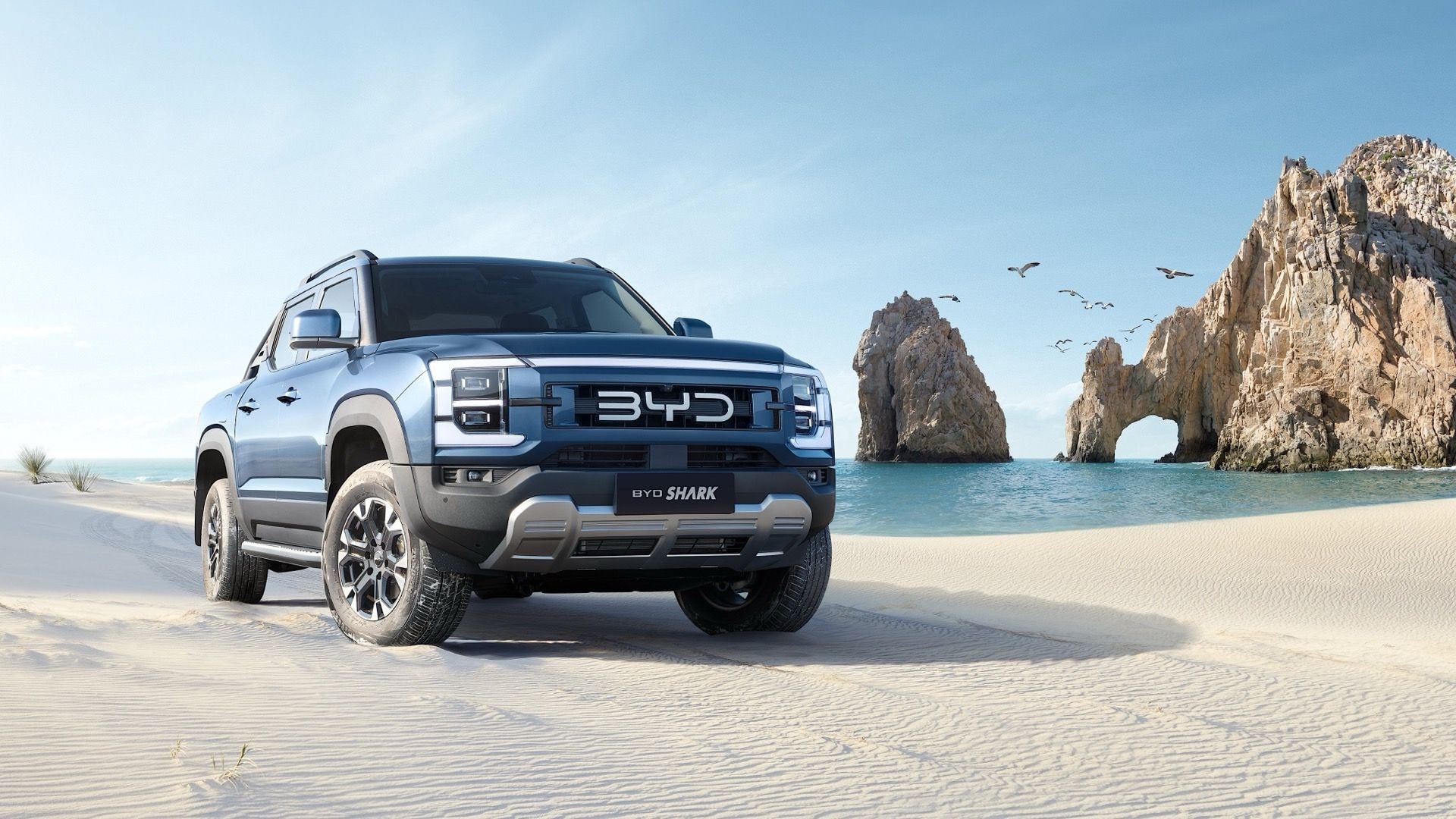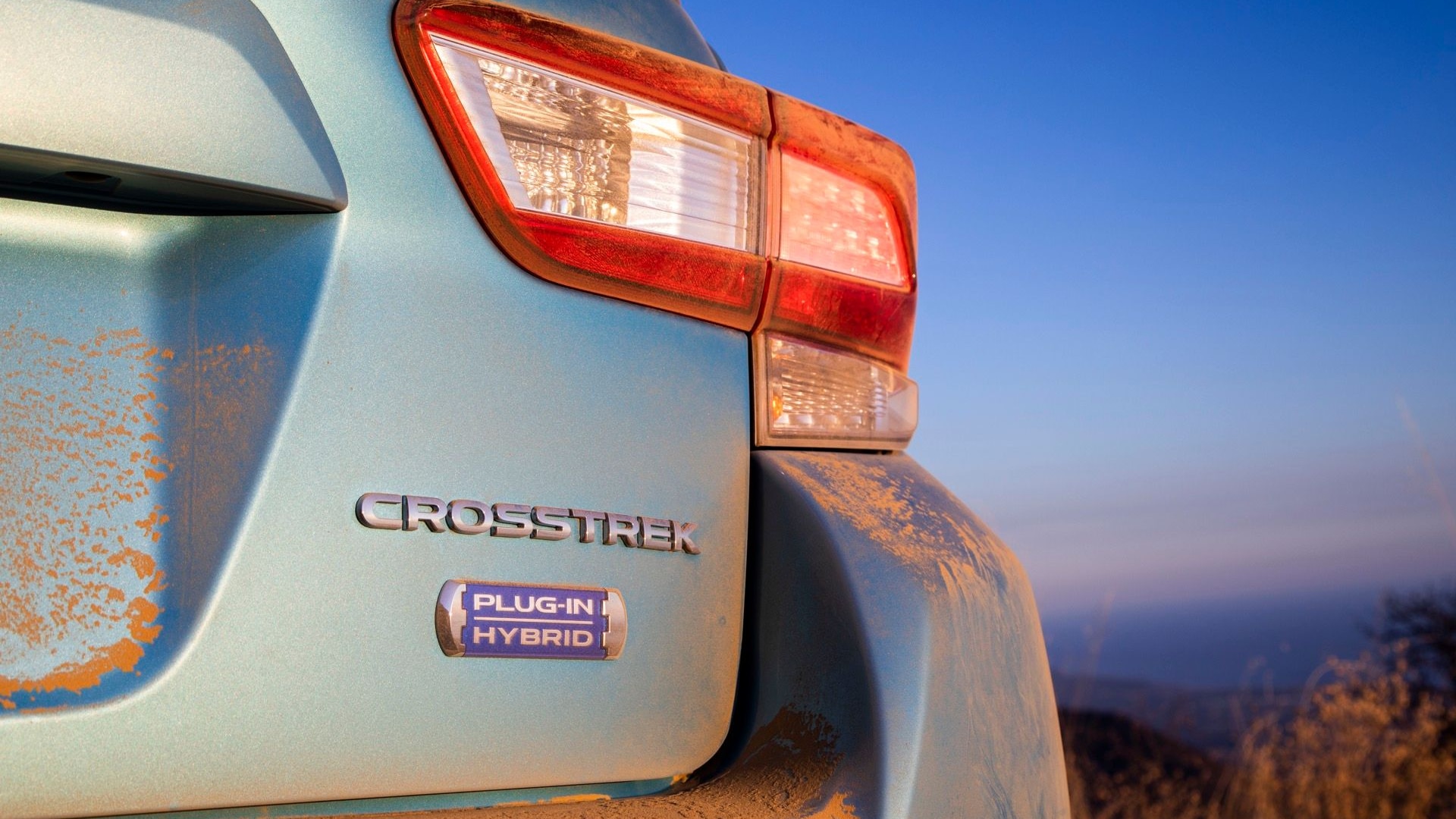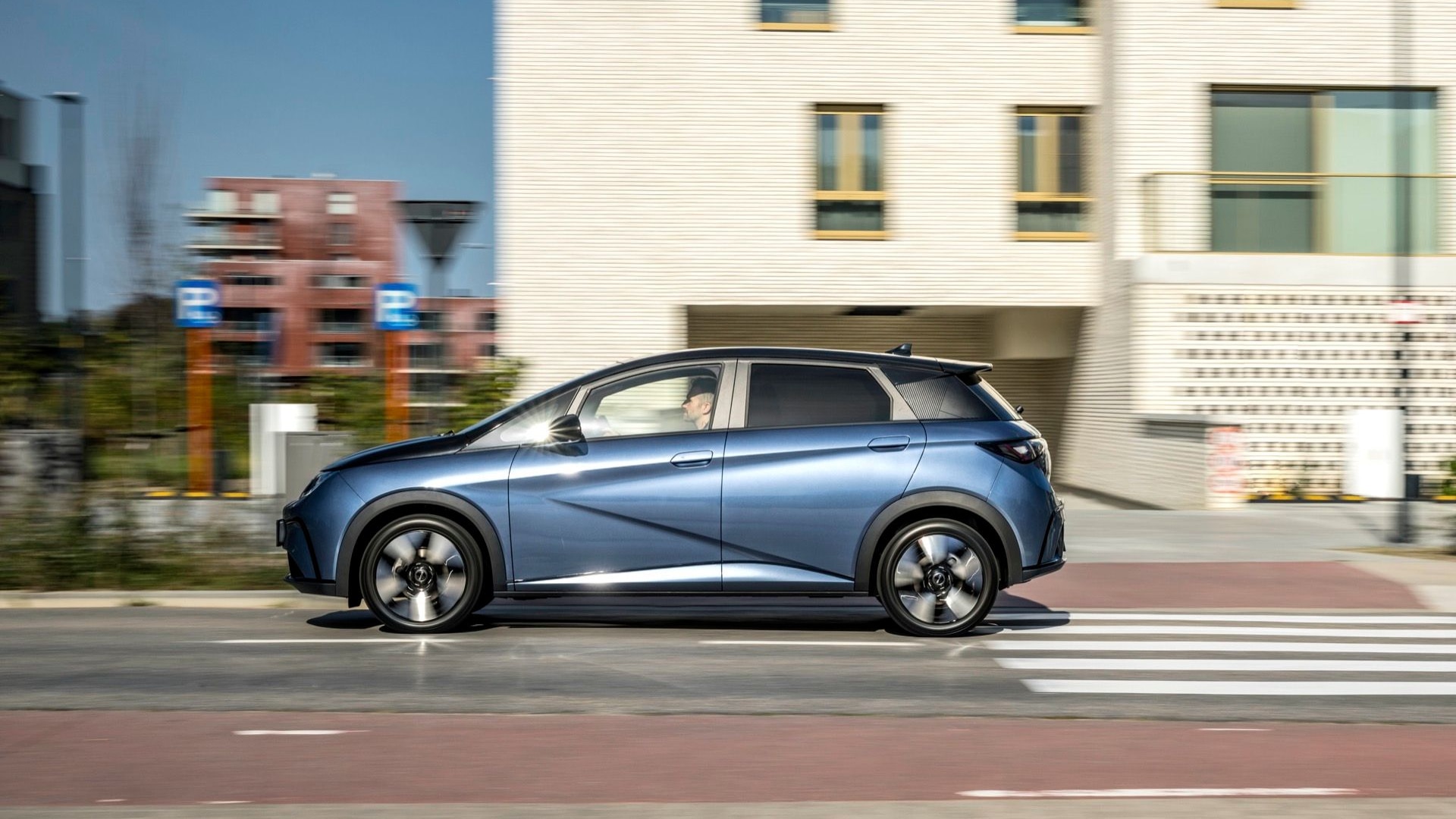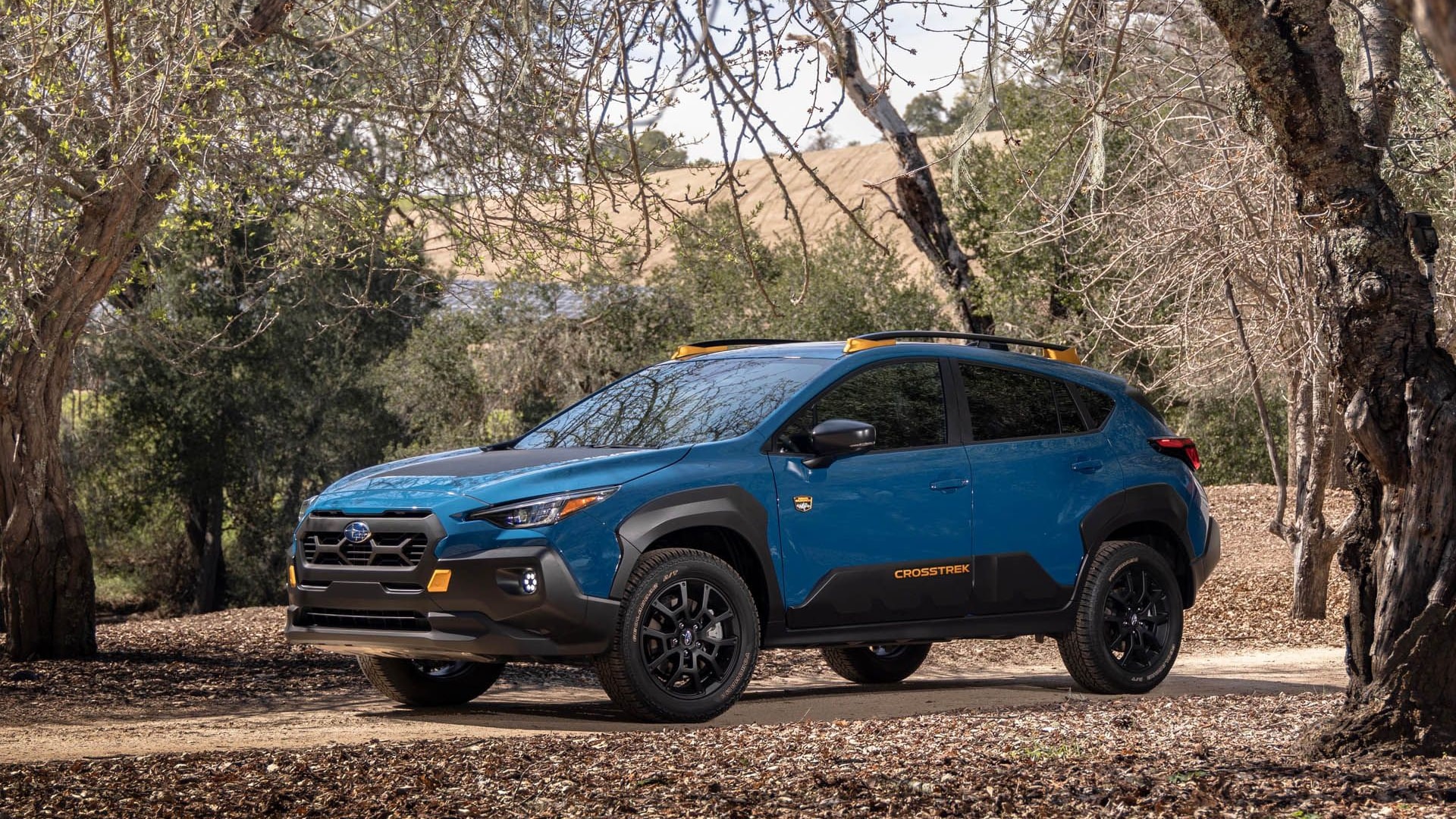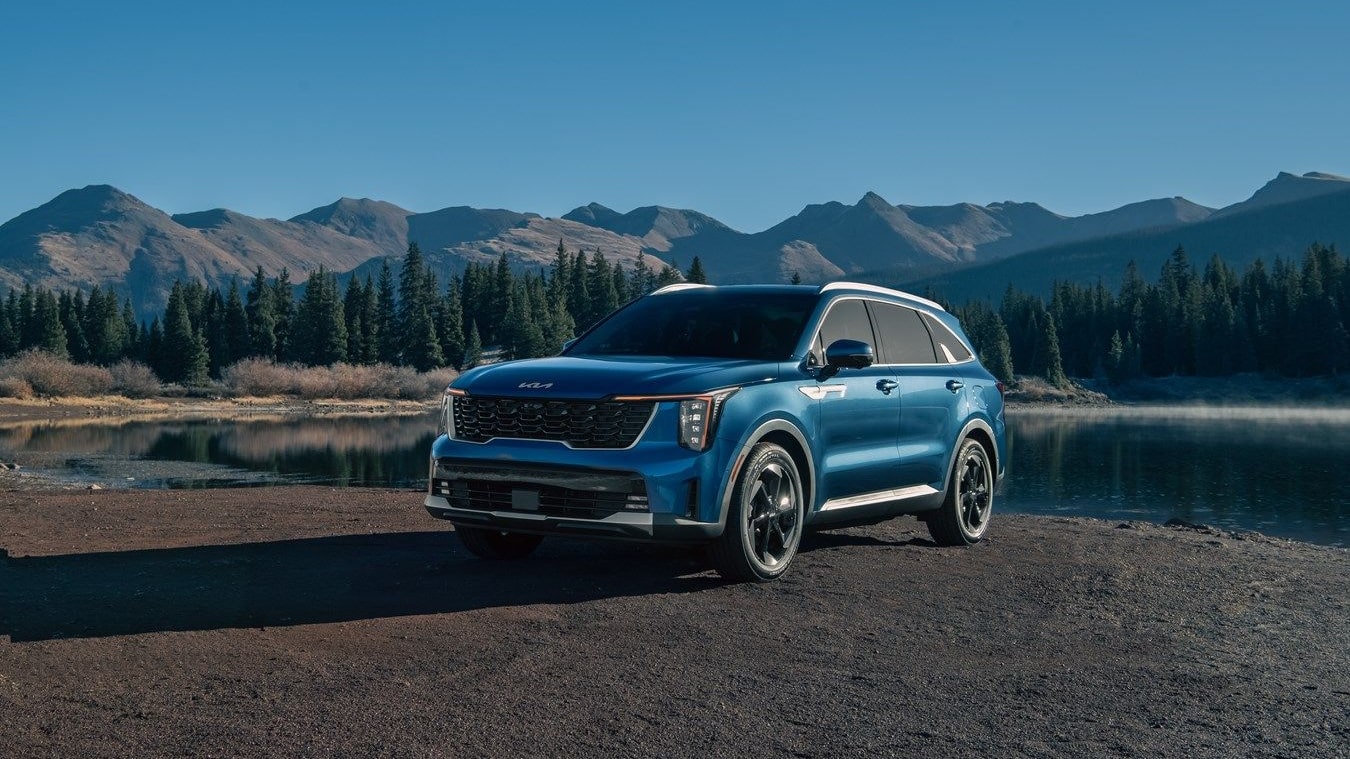The U.S. Treasury Department could issue clarifications on federal EV tax-credit eligibility rules as early as Friday, reports Transport Topics.
Citing anonymous sources familiar with the matter, the report claims the federal government is ready to issue rules relating to its "foreign entities of concern" requirement. Specifically, vehicles with battery components or critical minerals from companies controlled by certain countries the U.S. does not have friendly trade relations with would not qualify for a $7,500 federal tax credit. This has remained at the "proposed guidance" stage, but the Biden administration appears ready to formalize it.
As Green Car Reports has pointed out before, the proposed rules suggest that products from some automakers that are set to build EVs in the U.S.—like Volvo and Polestar—might not be eligible because of their Chinese ownership and control.
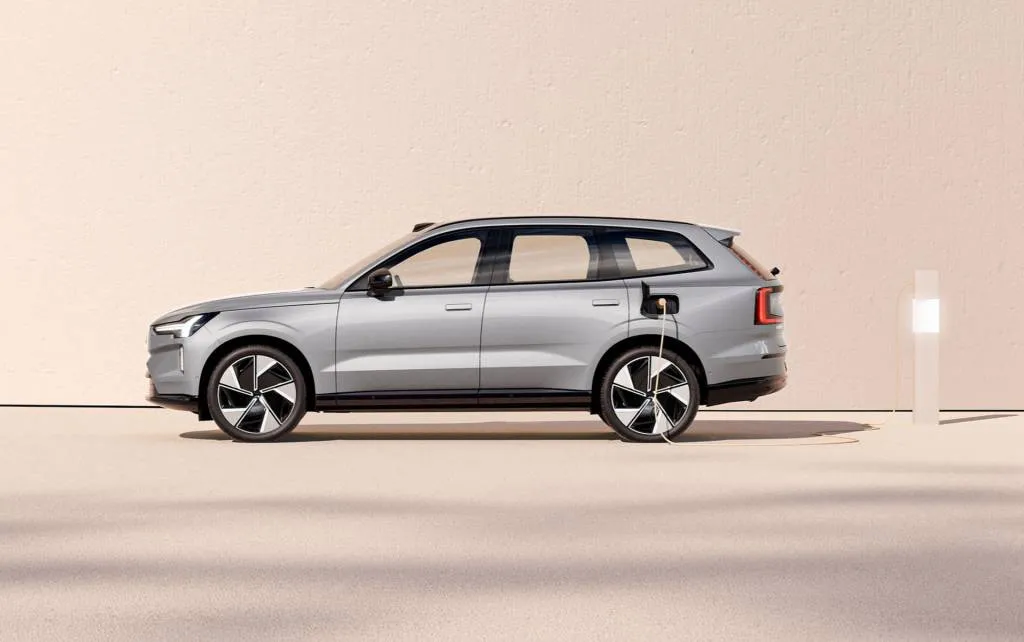
2025 Volvo EX90
Some proposals have looked at establishing a specific threshold of traceable battery minerals, aiming to quantify the amount of material from countries with which the U.S. does not have a free trade agreement, Forbes reports. But these could still limit the number of vehicles that qualify for the federal tax credit.
Just this year, new requirements for battery sourcing pushed some EVs off the list of qualifying vehicles—some temporarily. General Motors, for instance, had to make last-minute sourcing changes in its Ultium EVs.
Most EVs for sale in the U.S. have American-made batteries—but there are certainly some noteworthy exceptions like the North American-made Ford Mustang Mach-E. But if the U.S. opts for a particularly strict and narrow interpretation of the rules, then there may be a greater and renewed attention paid to EV battery recycling.
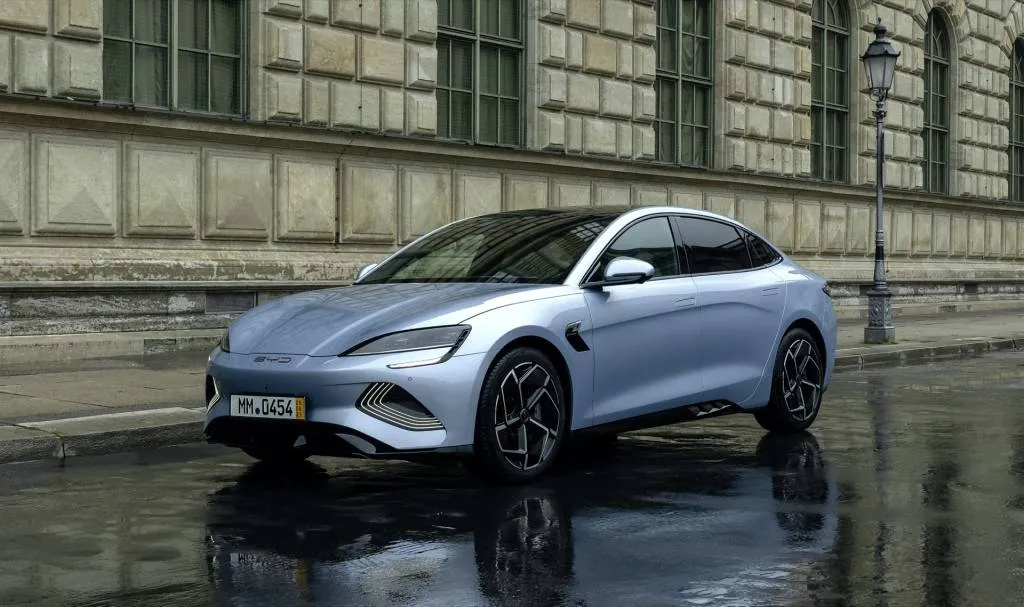
BYD Seal
In 2023, the U.S. eased concerns from a group of other countries with a trade pact that assured Japan, South Korea, and the European Union that battery components from these trade partners would be included in tax-credit eligibility.
Ultimately, the interpretation of the rules will likely determine how and when China's massive EV buildout reaches the U.S. market. China now faces a glut of EV and EV battery production facilities.
